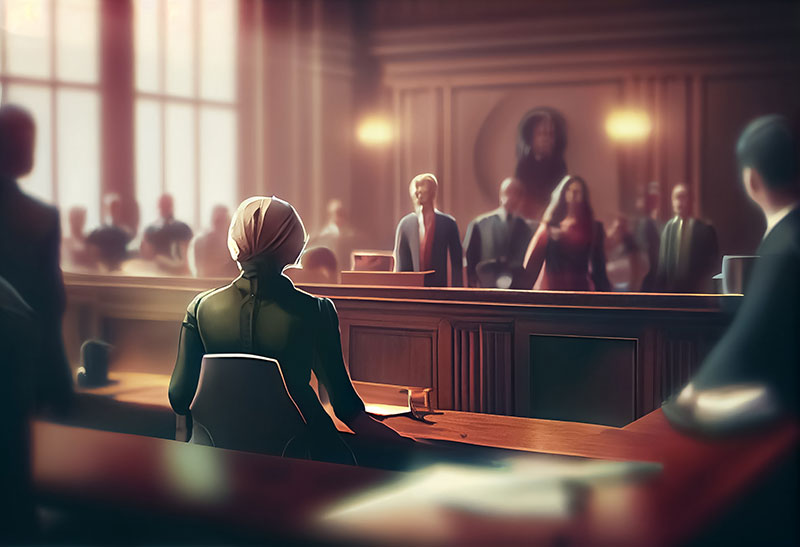Courtroom Illustration in Modern Legal Practice
Courtroom Illustration in Modern Legal Practice
Blog Article

As courtroom communication evolves, visuals have become central. Legal teams increasingly use illustration to explain events, scenes, and processes. Companies like LawFX are at the forefront of this visual legal revolution.
What Are Courtroom Illustrations?
Courtroom illustrations are visual representations created for use in trial or litigation support. They may include accident reconstructions, injury depictions, or medical procedure visuals. Every image they produce is both court-admissible and strategically impactful.
The LawFX Approach to Legal Illustration
LawFX works hand-in-hand with attorneys to create visuals tailored to the case. Each image supports testimony and simplifies complex evidence.
Why here Use Courtroom Illustrations?
Jurors often retain images far better than spoken copyright. Visuals simplify the technical, making abstract or complex topics accessible to everyone. This improves juror retention and creates stronger emotional impact during trial.
Illustrations vs. Trial Graphics
They're used to organize arguments or highlight key facts. LawFX often combines both to deliver a unified, persuasive presentation strategy.
Practice Areas That Rely on Courtroom Visuals
Attorneys in fields like personal injury, product liability, and malpractice use visuals to explain their case. The versatility of these visuals makes them valuable across all phases of litigation.
Legal Fields That Gain from Visual Aids
Injury claims, defective products, surgical error cases, and construction failures all benefit from visuals. LawFX's expertise helps clarify these high-stakes issues through careful illustration.
From Concept to Courtroom: LawFX’s Workflow
Next, they collect evidence, photos, expert reports, and medical records. Revisions are made until a final court-ready visual is produced. This collaborative method ensures that every visual is effective, precise, and courtroom-approved.
How Visuals Help Jurors Understand
Illustrations bridge the knowledge gap and reduce confusion. This translates into better-informed deliberations and stronger cases overall.
Admissibility of Legal Visuals
They collaborate with experts to confirm that each illustration reflects actual evidence. Avoiding exaggeration or misleading design ensures their work withstands scrutiny and contributes to trial success.
How Legal Art Supports Mediation and Arbitration
They show the strength of a case in ways that copyright cannot. Attorneys use them to influence settlement terms or simplify complex arguments during mediation.
Courtroom Illustration FAQ
What visuals do you create? Courtroom illustrations, trial graphics, 3D models, and digital presentations.
Are they admissible? Yes—they meet evidentiary standards and are reviewed with experts.
What’s the difference between illustrations and trial graphics? Graphics show data; illustrations show events or scenes.
Where can they be used? In court, settlement, depositions, and mediation.
How long does it take? Simple visuals take days, complex ones may take 1–2 weeks.
Final Thoughts
They’re no longer optional—they’re essential. For persuasive, professional visuals that tell your story—LawFX delivers.
Report this page